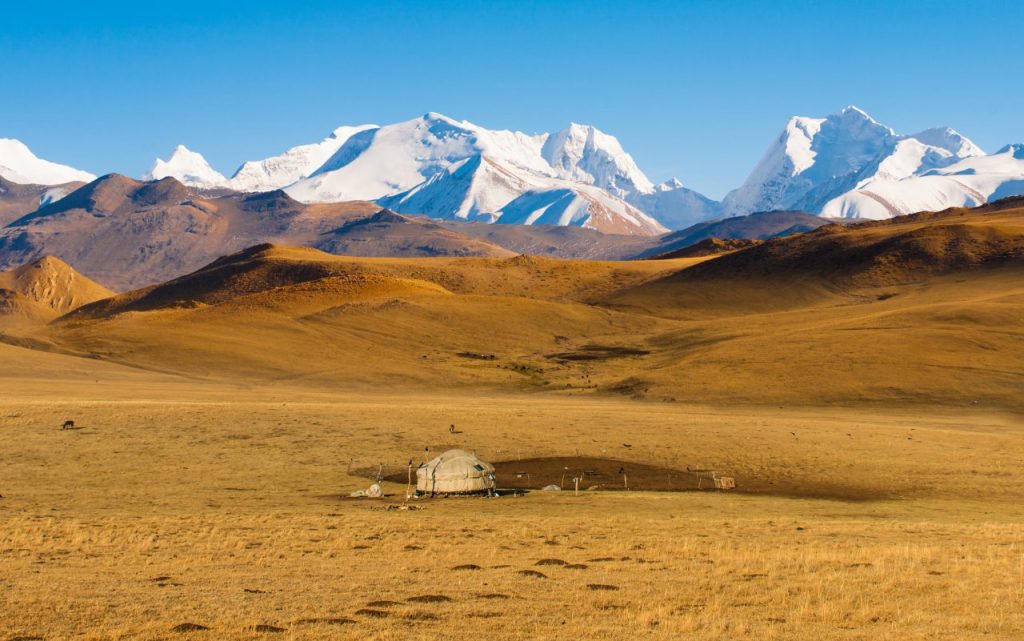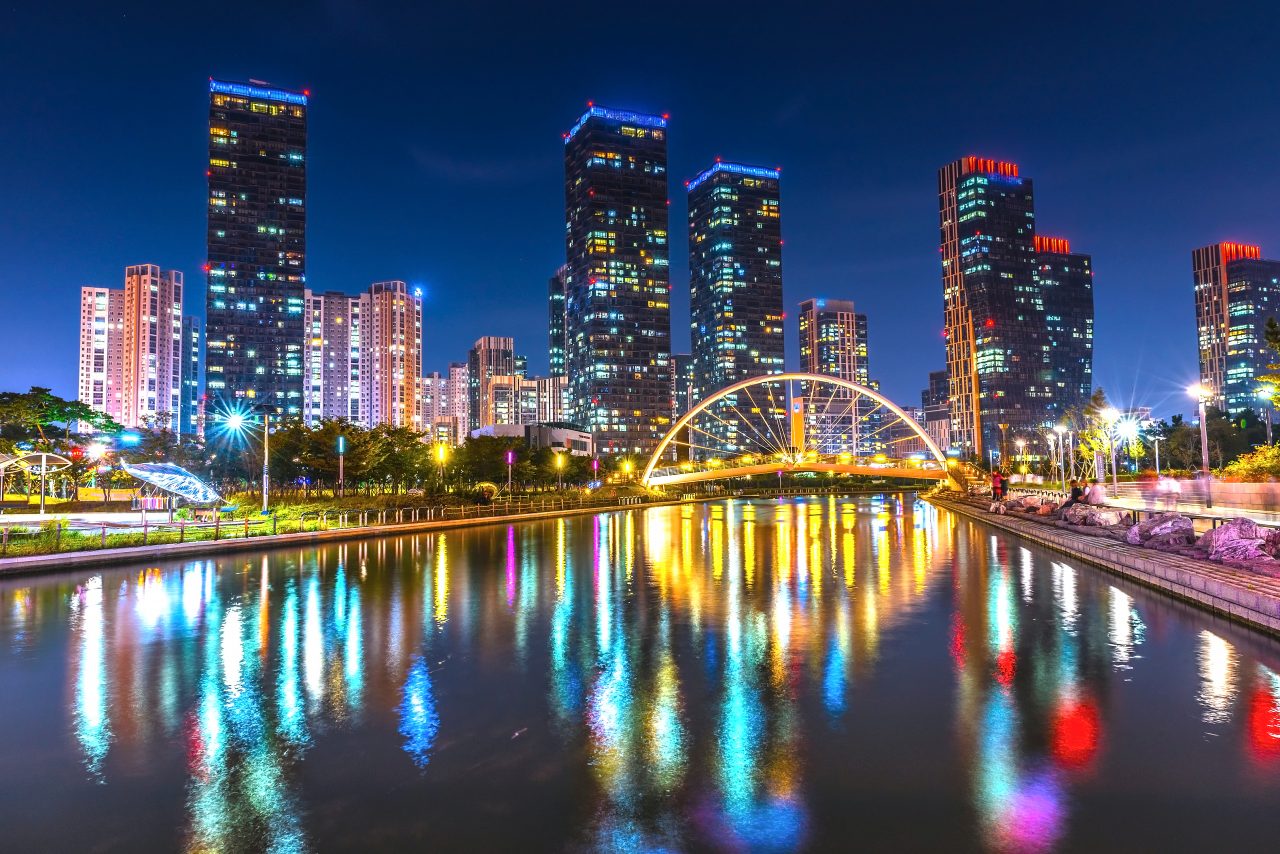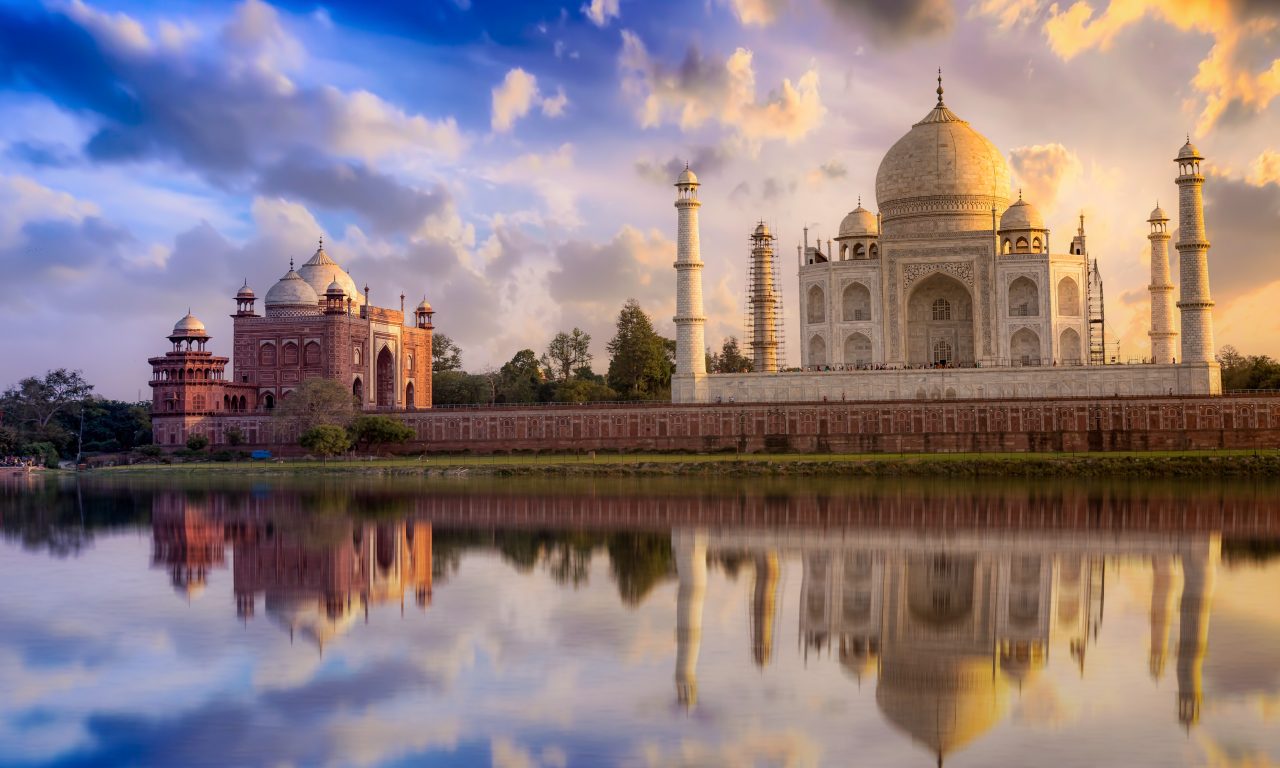Join GlobalBizzNetwork and start your international business network today.
Kazakhstan

Despite the political affinity for Moscow and the reflection of anti-Russian sanctions in local currency, Kazakhstan is demonstrating sustained economic growth. Over the past few years, the country’s GDP has grown by 4% per year.
To a large extent, this depends on the extractive industry – one of the largest oil fields in the world, discovered in the last 40 years, and the largest field at sea, Kashagan, is located on the territory of Kazakhstan. The gas and mining industries are also developing here.
In recent years, the country has launched the Industrialization Program, focusing on the development of manufacturing industry and the development of the agro-industrial complex.
At the same time, “greenhouse conditions” are created for investors: from preferences for taxes to the issuance of state full-scale grants (up to 30 percent of the investment volume). The truth for this is that the investor needs to implement the project in the priority sectors identified by the government of the country. Basically, in the agro-industrial complex, mechanical engineering, petrochemistry, light industry, construction. The authorities formed a basic list of 658 investment projects worth about 60 billion US dollars, which is planned to be implemented until 2020.
To attract foreign capital to the economy, Kazakhstan introduced a visa-free entry for citizens of the Organization for Economic Cooperation and Development, including the United States and several other countries in the world (45 countries in total).
The result of such a strategy of the authorities was a sharp rise in capital inflows into the economy. Only for 7 months of 2018, Kazakhstan was able to attract 6.7 billion US dollars of foreign direct investment. Compared with last year, the indicator increased by 24.4%. Just in 26 years of independence, about 300 billion US dollars of foreign investments were attracted to Kazakhstan.
Growing markets
The main inflow is observed in the manufacturing sector. The volume of investment in this sphere only in the first half of 2018 increased by 18.2%, while manufacturing exports amounted to 2.5 billion US dollars, an increase of 22.1% compared to the same period last year.
One of the most attractive areas for investors is agriculture. Possessing huge reserves of arable land, Kazakhstan is among the ten largest grain exporters and the top three – the largest flour exporters in the world.
The Government of the country supports the development of animal husbandry, with an emphasis on the export of products. At the same time, the products grown in the country are environmentally friendly and in demand in the markets. For example, several enterprises have been launched in the country for growing and processing oleaginous crops. Sunflower and rapeseed oil marked “ECO” is supplied to the Chinese market.
Role of China
China now ranks fourth in terms of direct investment in Kazakhstan. In 2017, trade between the countries amounted to 10.5 billion US dollars with an increase of 33 percent.
More than 1,200 companies with participation of Chinese capital in the oil and gas, chemical and food industries, as well as in banking, engineering, logistics and other spheres are already operating in Kazakhstan.
This year, within the framework of cooperation in the field of industrialization and investment, a list of 51 projects totaling about 28 billion US dollars was formed.
China, like a number of other strategic investors, is interested in cooperation with Kazakhstan, not only because of country opportunities. But also because the investment-attractive country is part of the growing market of the Eurasian Economic Union (it includes Kazakhstan, Russia, Belarus, Armenia, Kyrgyzstan with a total market of over 180 million people).
Good business climate
In addition to preferences and large financial prospects for business development, Kazakhstan is attractive for political stability. For today it is the only country in the region pursuing a progressive policy in all spheres. First of all, in the relationship with business.
The Council of Foreign Investors has been working in the country for 20 years under the President of the Republic of Kazakhstan. On its site, a direct dialogue with foreign investors operating in Kazakhstan is provided, and problematic issues related to investment and investment climate are dealt with promptly.
Today, the Council includes representatives of 24 largest investment institutions and campaigns operating in Kazakhstan: EBRD, ADB, Deutsche Bank (Germany), Baker and McKenzie CIS Ltd. (USA), Mitsubishi International (Japan), BG Group (Great Britain), Coch Holding (Turkey), Total (France), Arcelor Mittal (Great Britain), LUKOIL (Russia) and others.
For investors
To attract investors, Kazakhstan launched the International Financial Center Astana. The main activities are development of the capital market, asset management, wealth management of wealthy individuals, Islamic finance, new financial technologies.
The Exchange of the International Financial Center Astana, launched this summer, has a modern high-tech infrastructure. The American stock exchange NASDAQ and the Shanghai Stock Exchange are participating in its activities. The territory of the International Financial Center of Astana has a simplified currency, visa and labor regimes.
English law
All the proceedings are conducted in English, and justice is based on English law. The financial center already plans to provide services in resolving disputes to external companies, local enterprises that are not residents and often complain about the lack of independence of conventional vessels. And also to become an arbitration center for contracts between Chinese and Russian companies. And some foreign investors are already interested in whether it is possible to use the international financial center of Astana as a platform for investing in Uzbekistan.
The international financial center, modeled on the Dubai International Financial Center, plans to host all market players: small companies, private banks, brokers, asset managers, Islamic financial institutions, fintech and blocking companies. However, unlike Dubai – Astana does not require the presence of members in the territory of Kazakhstan.
In general, Kazakhstan today is one of the most stable both politically and economically countries of the post-Soviet space and the region of Central Asia. Political confidence in Kazakhstan in the international arena, as well as the authorities’ interest in creating the most favored nation regime for investors, neutralize the risks of investing in Kazakhstan’s economy.
By the way. In recent years, the country has been actively denationalizing the economy – mass privatization. The authorities are put up for sale, including attractive assets, such as state-owned shares in oil-producing and telecommunication companies







